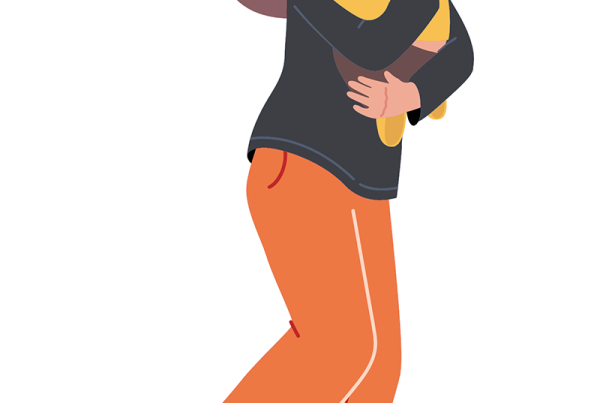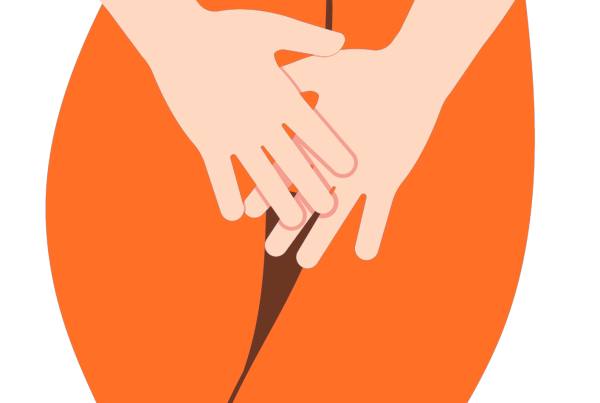Painful Intercourse
Giselle Rodrigues, Women’s Health Physiotherapist

Painful intercourse, also known as dyspareunia, is defined as discomfort or pain experienced during or after sexual intercourse. This pain can occur at the initial entry or as deep pain with each penetration, manifesting as ripping, burning, aching, or throbbing sensations that may last for hours afterward. It’s important to know that recurrent pain or discomfort during or after intercourse is not normal. If you experience recurrent pain during intercourse, physiotherapy can help alleviate the discomfort and enhance your sex life, emotional intimacy, and confidence.
The underlying cause may involve the skin, nerves, pelvic organs, muscles of the pelvic floor, or a combination of these.
Common Causes of Painful Intercourse include:
-
Vulval skin conditions
-
Endometriosis and Adenomyosis
-
Painful periods
-
Vaginal dryness, often due to hormonal changes associated with menopause
-
Bladder or bowel dysfunction
-
Pelvic organ prolapse
-
Trauma from childbirth, surgery, or sexual trauma
-
Anxiety and/or stress
What to expect from your physiotherapy session
When seeking treatment for painful intercourse, often the hardest thing is turning up to discuss your issues. The goal of the initial assessment is for the physiotherapist to make you feel comfortable and confident whilst they get a full understanding of your history and concerns in order to work with you to achieve your goals. Your physiotherapist may ask you questions around your pain and your general health history.
During your assessment you can expect:
- Pelvic Floor Assessment: An internal assessment allows your physiotherapist to evaluate how your pelvic floor moves and how you can control the movement. The assessment will direct the treatment plan. Treatment will likely involve relaxation techniques, manual therapy, including massage and down-training of the pelvic floor muscles. Dilator therapy may be introduced at some stage to help with self-management and maintenance therapy. You will be taught techniques to help relax your pelvic floor including breath work, stretches, gentle movements and self-massage.
- Whole Body Assessment: Your pelvic floor does not work in isolation so a holistic approach to your body is important. We assess your postures and movements in standing, sitting and lying down to identify any other musculoskeletal contributing factors to your pain. This will include an assessment of your spine, hips, pelvis and ribs as well as your abdominal muscles which might contribute to your pelvic floor pain.
- Bladder or Bowel Issues: We inquire about your bladder and bowel habits, as any dysfunction or prolapse of these organs may contribute to pelvic floor pain. Addressing these issues is crucial for comprehensive management of your symptoms. If necessary, we refer you to our Sports Dietitian for a dietetic management plan to help.
- Lifestyle Modifications: We may provide advice on sexual positions to help alleviate pain or suggest specialised devices or topical oestrogen support for optimising the vulval and vaginal tissues.
- Collaboration with other medical professionals: We may refer you to other medical specialists if we feel it would be helpful to resolve your particular symptoms including GPs with an interest in Women’s Health, gynaecologists with expertise in vulval skin conditions, sexual counsellors and psychologists
What can I do about it?
We understand discussing painful intercourse can be sensitive, but our goal is to support you in a professional and compassionate manner. A comprehensive approach tailored to your needs can help you find relief and regain confidence in your intimate relationships.
For more information, or to book an appointment, feel free to reach out to our Women’s Health Physiotherapist, Giselle at giselle@zone34.com.au or contact reception on 02 9056 0850 or at reception@zone34.com.au to book an appointment.
We’re here to support you every step of the way.






